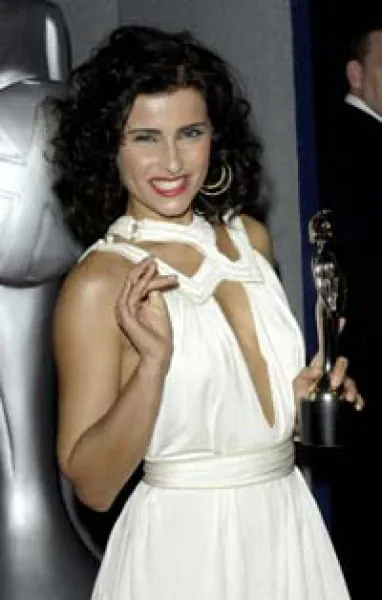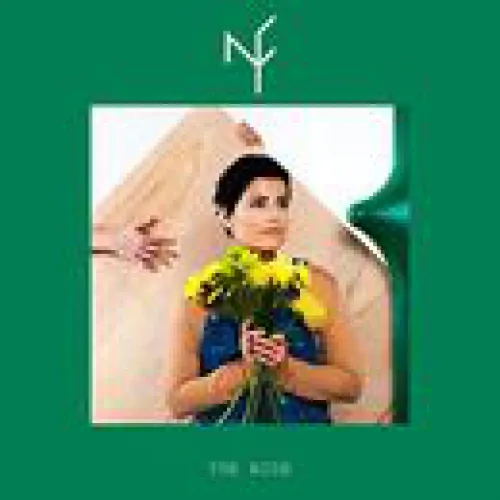
Nelly Furtado
Top Nelly Furtado albums
Top Nelly Furtado lyrics
... On The Radio (remember The Days)
Nelly FurtadoAll Good Things (Come To An End)
Nelly FurtadoAll Good Things (Come To An End) - Brazilian Version
Nelly FurtadoAll Good Things (Come To An End) - Radio Edit
Nelly FurtadoAll Good Things (Come To An End) - Spanish Version
Nelly FurtadoAll Good Things (Come to an End) (Kaskade remix)
Nelly FurtadoBajo otra luz (con Julieta Venegas & la Mala Rodríguez)
Nelly FurtadoNelly Furtado biography
Singer/songwriter Nelly Furtado heavily credits her ethnic background and childhood for culturally and crucially spawning her creativity as a female and as an inspiring musician. Born and raised in Victoria, British Columbia, Canada, Furtado's working-cla** parents, who are of Portuguese decent, instilled a hardcore work ethic during her upbringing. She spent eight summers working as a chambermaid with her housekeeping mother, quickly realizing what it meant to honestly make a living. br /br /She turned to music for enjoyment, learning to play the guitar and the ukulele, and listened to mainstream R&B like Mariah Carey, TLC, Jodeci, Salt-N-Pepa, and Bell Biv DeVoe. Later, she delved into her older brother's collection of Radiohead, Pulp, Oasis, Portishead, the Verve, and U2, pushing Furtado to fully embrace different musical genres, specifically Brazilian music and material by Nusrat Fateh Ali Khan and Amalia Rodrigues. Hip-hop was also a big catalyst in shaping Furtado's musical appreciation. After high school, she headed to Toronto where she worked at an alarm company by day and experienced the music scene by night. She joined a hip-hop duo, Nelstar, and this opportunity led Furtado back to her hip-hop influences of De La Soul and Digable Planets. This allowed her to get comfortable with writing her own melodies and freestyle rhymes. br /br /When Furtado started cutting loose at a local Toronto club during the week, her musical aspirations began to swirl. Brian West and Gerald Eaton, of Canadian funk-pop group the Philosopher Kings, were instantly impressed by her strong sense of performing and asked to produce her demo. During those sessions, Furtado created some of the moving work that landed on her debut for Dreamworks, Whoa, Nelly!, released in fall 2000. A headling tour of the U.S. in spring 2001 sparked more interest from fans and critics, and a spot on Moby's Area:One summer tour allowed singles "I'm Like a Bird" and "Turn Off the Light" to receive bigger praise. Furtado's greatest achievement followed a year later when she earned four Grammy nods, including Song of the Year for "I'm Like a Bird." br /br /Folklore appeared in November 2003, nearly two months after Furtado gave birth to her first child, a daughter named Nevis. The record was a general disapointment, failing to capitalize on the success of her previous work. She didn't return to limelight until summer 2006, with her third record, Loose. Produced almost entirely by Timbaland and boasting a much more appealing and timely style, the album earned significant attention, putting Furtado's career back on the fast track. Lead track "Promiscuous" became an instant hit, earning Furtado a number one spot on the Billboard Hot 100 chart. Loose also topped the Billboard Top 200 album chart during its first week of release in later June 2006, becoming Furtado's first-ever number one album. ~ MacKenzie Wilson, All Music Guide

